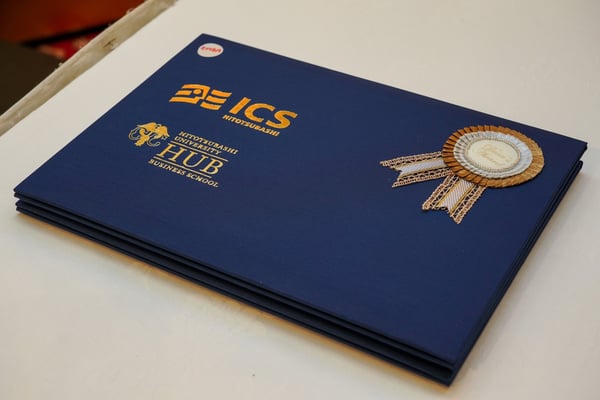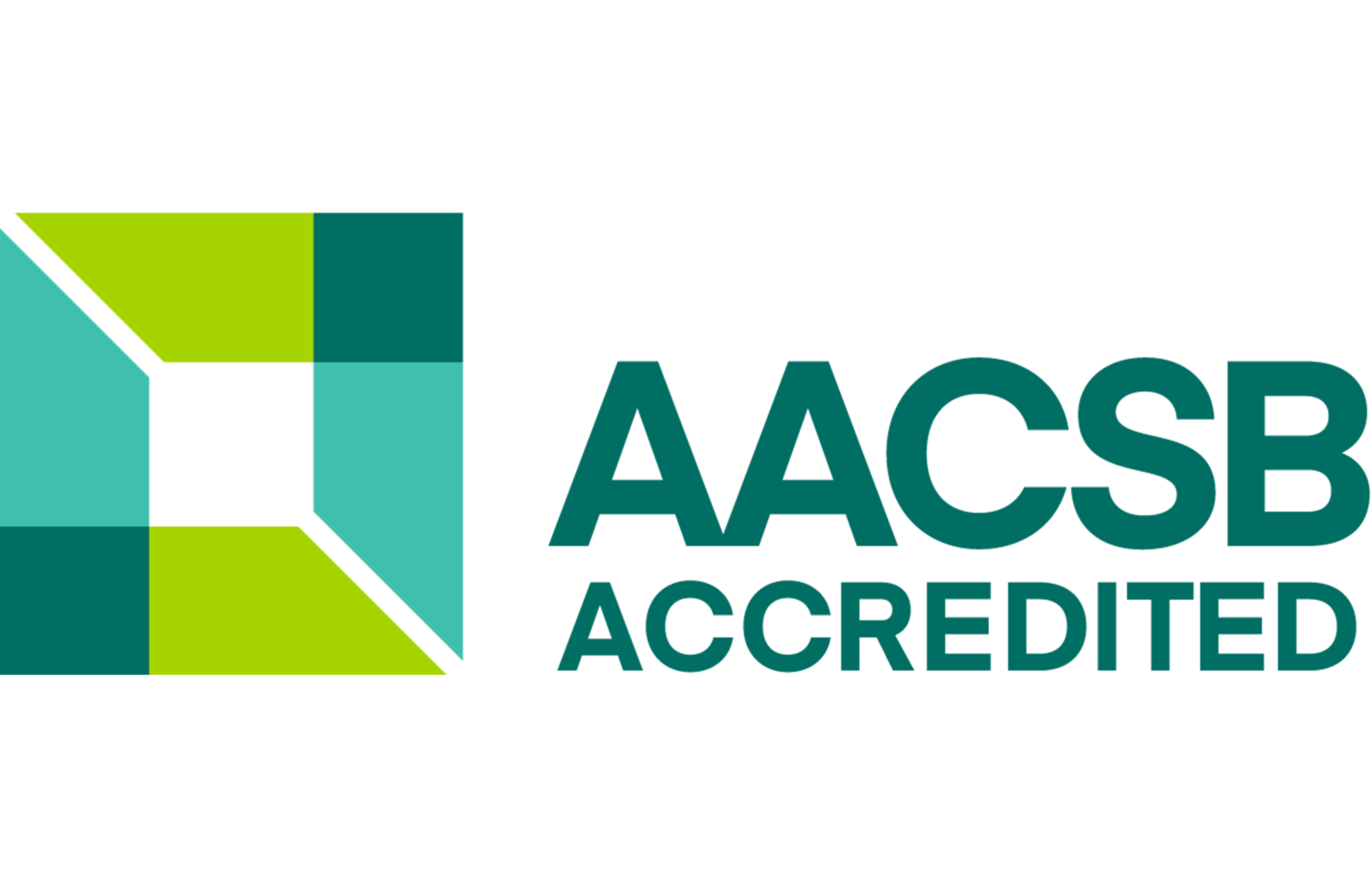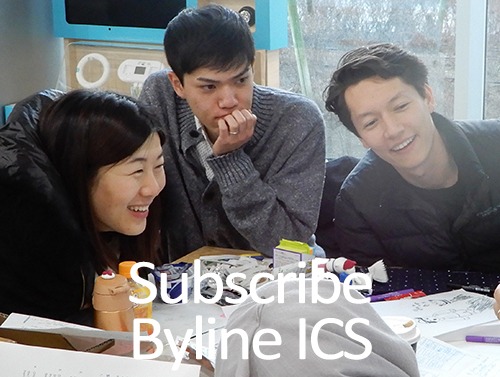The life of an MBA student tends to revolve around a routine, no matter which country you are studying in. However, being a student in a country different from where you were born and raised can bring you a wealth of knowledge beyond the classroom.
If you would like to learn more about what it’s like to live in Japan as an MBA student, please check out our guide: Life in Tokyo as an MBA Student
Before we get into the breakdown of MBA student life in Japan, here are some alternative experiences students currently have in Japan due to the COVID-19 pandemic.
Changes during COVID-19
As with everything else in everyone’s lives, our studies have also been deeply affected by the spread of COVID-19. Here are some major differences that are currently affecting international MBA students:
-
Visas: If you are currently residing outside of Japan, your ability to obtain the Certificate of Eligibility (CoE) may vary depending on the institution and the country you live in. A CoE is a document issued by the Japanese immigration office which supports the applicant's eligibility to apply for an entry visa. Due to the ever-changing conditions of the pandemic, borders periodically open and close between Japan and other nations. For the latest information, you can check: https://www.moj.go.jp/isa/nyuukokukanri01_00151.html
-
Online Classes: Many universities have switched to online courses to prevent the spread of the virus. If you live outside of Japan, you might have to take classes following the Japanese time zone. Some professors can record their lessons to accommodate students upon request.
-
Campus Life: Campuses may have reduced hours for facilities (gym, library, cafeteria, etc.), restrictions with club activities, and more. Consult with students who are currently in your program before deciding whether to live on-campus or off-campus. Alternatively, you can also check if there are online conferences, seminars, and other events to socialize with other students.
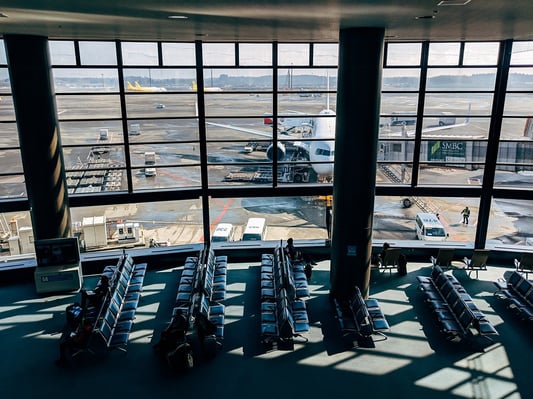
Taking classes
In Japanese grad school programs, each class tends to meet once or twice a week (2 hours long). Often, classes are only available during certain semesters or even during certain years, so planning is key to fulfill all your requirements by graduation. MBA classes mainly focus on marketing, finance, strategy, and data analysis. In Japan, the school year also begins in April and ends in March, though some programs also have summer enrollment if they follow an international curriculum. This is the case of Hitotsubashi ICS, which, every September welcomes the new class of MBA students.
Here are some other aspects to keep in mind as you take MBA classes in Japan:
-
Commute: Depending on your university, you may have to budget the time it takes to commute on foot, by train, or by bus. Although trains are mostly run on time in Japan, some major train lines often have delays. Students are eligible for discount commuter passes, which can be obtained at any local train station. The buildings on Japanese campuses are also quite spread out, so it is easiest to zip around campus by bicycle. Cost-effective, environmentally friendly, and fast! You may also have to alternate your route during the rainy season or other occasions of inclement weather.
-
Assignments: Most courses assign readings, discussions, and a final paper, which often holds a large percentage of your overall grade. Other classes are ゼミ (zemi), or smaller seminar classes that focus on discussion. Attendance is also very important for MBA classes. At Hitotsubashi ICS, discussion and active participation are key elements of every class.
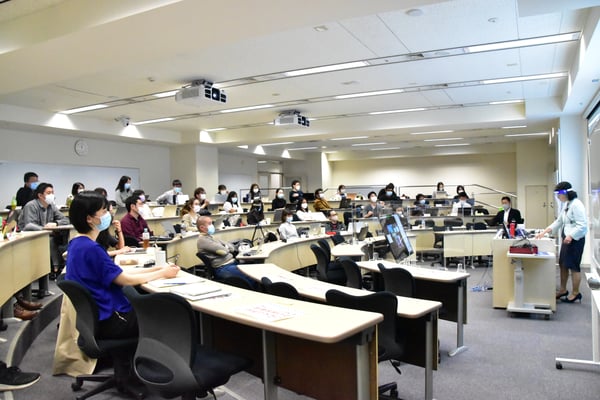
Working as a student (MBA students at ICS are not allowed to work during their first year)
In order to work as a student in Japan (outside of TA-ships, RA-ships, or part-time work for your university), you need to first apply for a work permit at your local immigration office. It is best to head to the office as soon as it opens, as it is often crowded and may take up waiting times of up to 3 hours.
-
Download and complete this form. You can also fill it out at the immigration office: http://www.moj.go.jp/content/001290246.pdf
-
At the immigration office, grab a numbered ticket and wait until the clerk calls it. If you are unsure about where to wait, you can ask the staff. In some immigration offices, there are also electronic panels that display numbers that have been called.
-
At the immigration office, show your completed form, residency card, and passport.
-
Once you have obtained your work permit, you are allowed to work up to 28 hours per week. Please note that working in the nightlife industry under this work permit is strictly prohibited.
As for finding work, you can reach out to your university’s career center, academic network, and online job listings. If you are considering becoming a TA, definitely reach out to professors in your department. To build your resume as you work towards your MBA, look into applying for internships and other part-time work for companies. If you are studying in Tokyo, you will have the widest net to land gigs since major companies are headquartered in this major city. Knowing Japanese, especially with JLPT N2 or N1 certification, can also help you land opportunities to practice your 敬語 (keigo), a formal level of speech used in the Japanese workplace.
MBA students have different options for balancing their work and studies. Many students take their classes during the first year and use the second year to complete their thesis and work at an internship during the day. Others spread out their classes throughout the evening or during the day. (There is no thesis at Hitotsubashi ICS.)
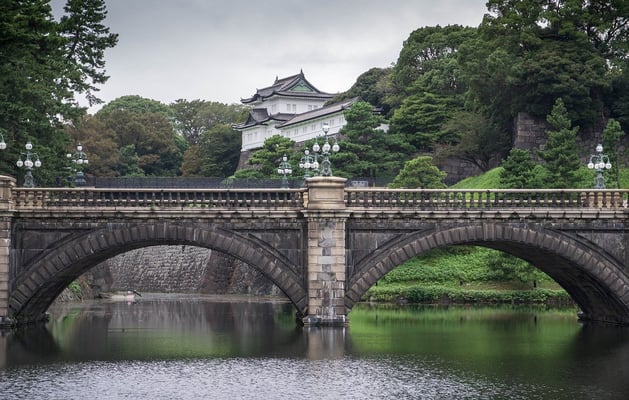
Living in Japan
We have a guide for life in Japan here. In general, being an MBA student in Japan gives you many opportunities to save money as you do your day-to-day routine. Here are a few strategies to get the most out of your daily life as a student.
-
Cheaper meals. The school cafeteria often offers full meals at a very low price at around ¥500. Some restaurants, including shabu-shabu (Japanese hot pot), yakiniku (Japanese BBQ), and other places, also offer student discounts. Movie theaters, museums, and other places also offer discounts for students.
-
Library access. Your school library and local library can be great places to wind down and study. These libraries also often have cafes attached to them. Many university libraries are also starting to offer online services so you can access articles off-campus.
-
Practicing Japanese. As an international student, it can be easy to fall into an “English bubble” when you are socializing outside of class. International students are also in separate housing and classes, especially if they are all also in English. Universities offer Japanese courses, but as an MBA student, the courses may be too intense to take on top of your course load and thesis. You can also join student organizations on-campus to interact with students outside of your circles.
Graduation
MBA students will be the busiest right before graduation. As you complete your dissertation, you will also either hunt for jobs or post-graduate programs. During your program, you may not be sure about what you would like to do after your MBA program, and that is completely normal! You will likely wade through different possible scenarios before making a final decision by graduation.
As for the graduation ceremony itself, you have the option of wearing the traditional Japanese hakama (often worn by women), or suits. If you are going for the hakama route, it is best to check out rental options at least a month before graduation, as kimono stylists are often busy during graduation season.
Post-Graduation
After earning your MBA, you will experience some big changes in the next chapter of your life, transitioning from one accomplishment to a pursuit of another. For post-graduate plans, here are a few questions that you should ask yourself to determine the direction of your career path.
-
Do I want to stay in Japan?
If you do decide to remain in Japan after graduation, it would be best to pursue goals related to your Japanese proficiency or working in Japan. Whether you are a beginner or a pro at Japanese, there are always elements to build upon. Are you comfortable with presenting in Japanese? Do you communicate with your Japanese peers smoothly? Can you negotiate effectively with what you have learned in your MBA classes during meetings? In the Japanese workplace and other environments, different nuances play into how we express ourselves and how we are perceived.
If you decide to go to a different country, it would be useful to also give your current degree a boost by earning different kinds of certification, which vary depending on the country you would reside in. You can work on your CBA, CFA, FRM, and other courses, and many of them would not interfere with your schedule if you do decide to complete them while working full-time. -
Do I want to work or study full-time?
After graduation, some MBA recipients may want to enter the workforce while others may want to continue their studies. -
Do I want to run a start-up?
After diving into the business world, you might want to practice what you’ve learned in your entrepreneurial classes, or join a team of fellow MBAs in a start-up. We have a post about start-ups in Japan to give you an idea of what this could be like: https://blog.ics.hub.hit-u.ac.jp/blog/startup-guide-tokyo








